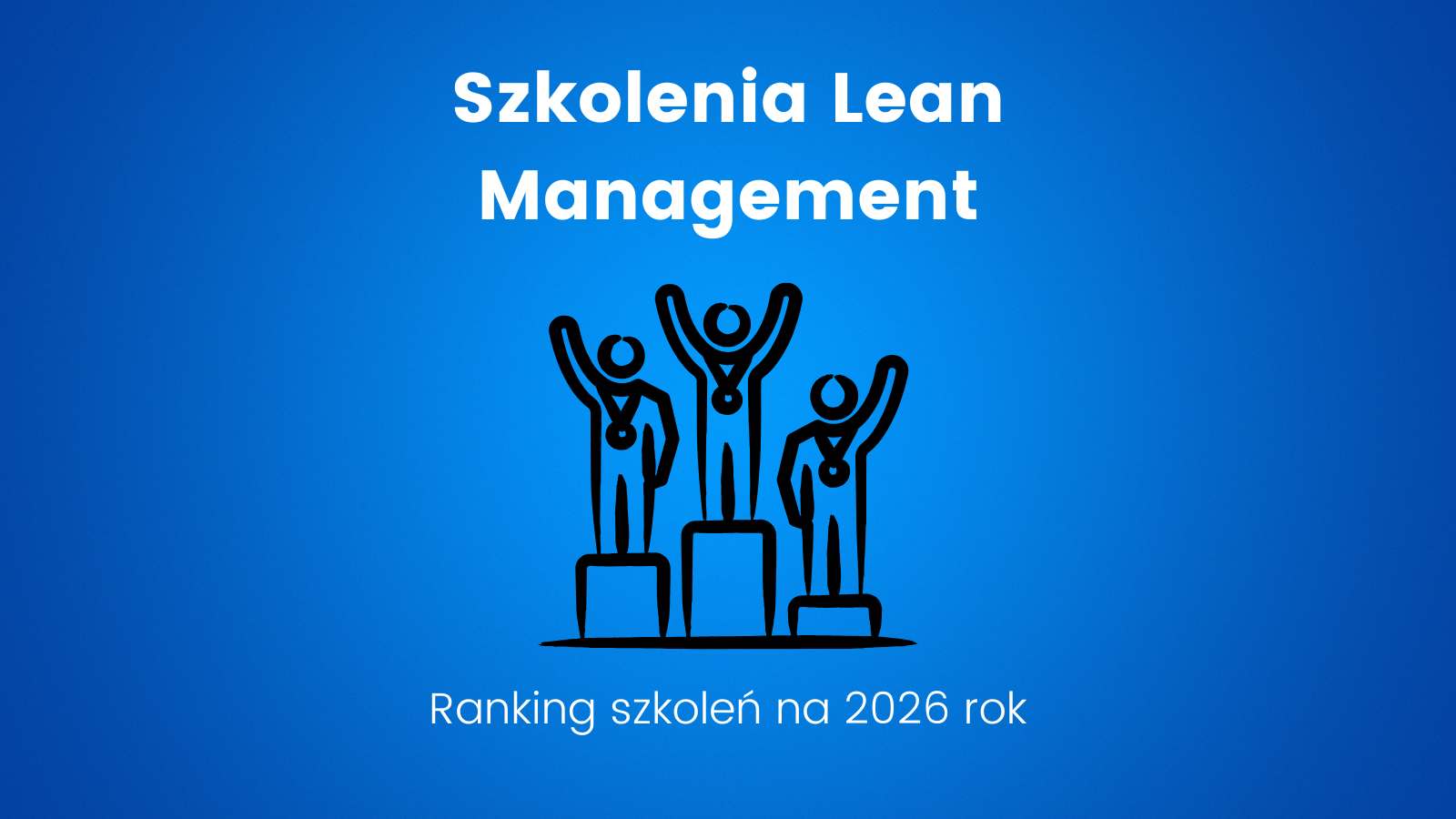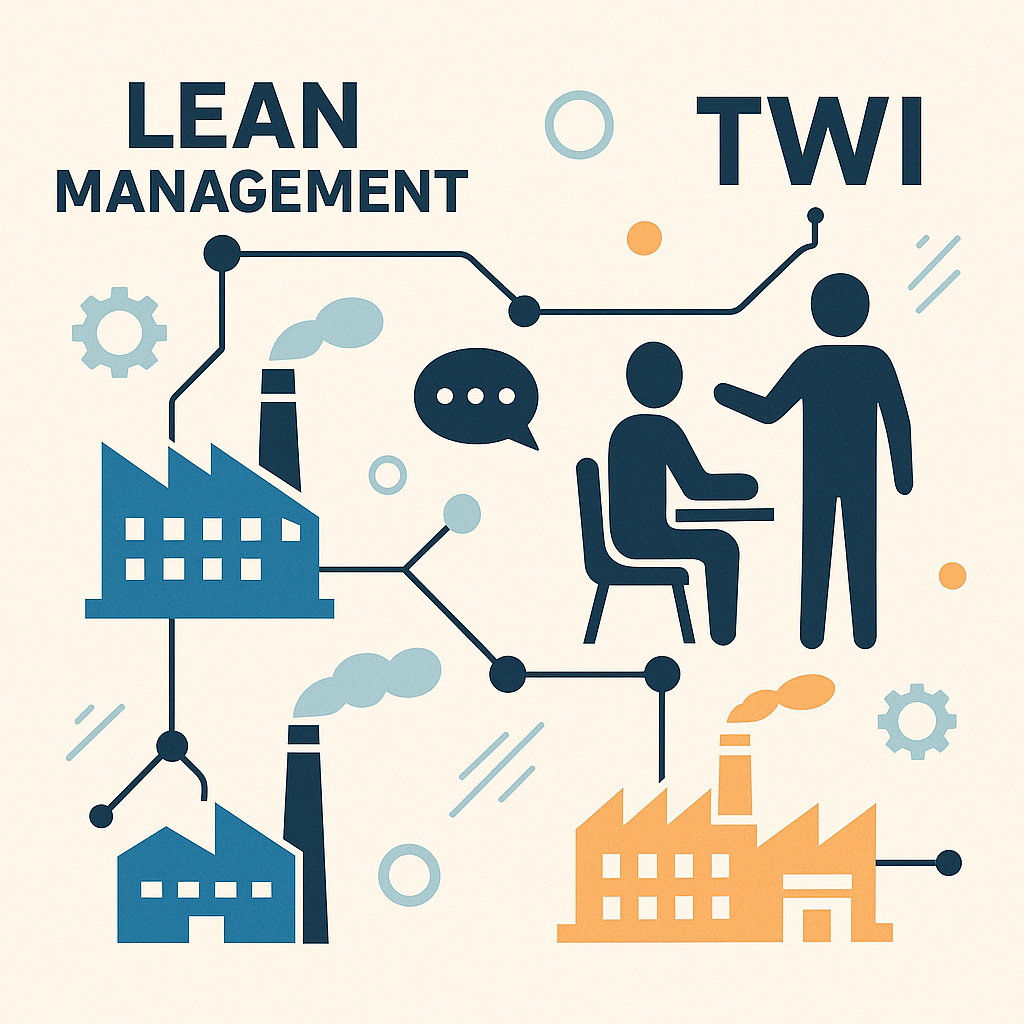How to onboard new managers successfully? In today’s fast-paced business environment, integrating a new manager swiftly and effectively is crucial. But whose responsibility is it, and what’s the best approach? Let’s explore these questions and more.
Table of Contents
ToggleThe Importance of Onboarding
A few days ago, I returned to you with a question about an important but often overlooked process – onboarding a new manager in a company. I am incredibly grateful that my survey received significant interest – 96 people participated. Equally important, I received dozens of comments for which I thank all of you.
Survey Findings
- The vast majority of you (80%) believe that familiarizing a new manager with the company – its employees, processes, standards, and realities should be highly personalized and “tailored.”
- For 14% of those who responded, this process should be consistent with the onboarding of other employees.
- Only 2 people stated that the new manager should organize their own onboarding process.
- Slightly more, 4 people, believe that the optimal version is a “hybrid” – a combination of standard elements with an individually prepared onboarding plan for the leader.
Is this a big surprise for me? Honestly, not really.
Understanding the Need
I think we all agree that onboarding a new employee, regardless of their role in the organization, is simply essential. Although this fact is “obviously obvious” to me, I know that many organizations (including large and well-known ones) don’t see it as that obvious.
I know of cases where Hiring Managers in certain companies assume that if they decide to hire someone from outside with extensive experience, these individuals should seamlessly fit into the new structure and business reality. They forget that the competencies a new employee brings may not always align with the company’s expectations.
Onboarding is sometimes seen by them as an unnecessary source of high costs that can simply be omitted. They expect the new employee to immediately provide tangible added value to the organization and start “repaying” the cost of their employment.
In theory, such an approach might make sense, but business realities often differ from textbook knowledge and the actual functioning of many organizations.
The Purpose of Hiring an External Manager
My 18 years of experience as a manager responsible for hiring employees for various positions, including managerial roles, indicates that regardless of a new employee’s level of experience, they always need time to fully learn to function independently in a new organization. This initial period is also necessary to prepare the company for the positive aspects of synergy resulting from hiring someone from the outside.
So when we look at the reason and purpose for an organization to hire an external manager, it turns out that onboarding is absolutely necessary. The company would make a huge mistake by immediately engaging such a person in daily job responsibilities.
Common Goals for Hiring an External Manager
What is the most common purpose for hiring an external manager in companies?
- Typically, to bring about a change in the company – in the way it operates, its processes, or employee attitudes.
- The new manager is often expected to be the leader of a large team and responsible for a significant part of the company’s business – their failure could spell a difficult situation for the entire company.
- They are expected to bring a new, fresh, and creative perspective, shape new employee attitudes, and effectively solve various business problems.
- Often, the new manager becomes a special projects manager – tasked with handling difficult, unpopular, but sometimes necessary changes, such as restructuring processes or even staff reductions.
The Onboarding Process
What should the process look like to ensure the efficient achievement of goals set for a young leader?
This brings us back to the purpose of onboarding – a COMPREHENSIVE and EFFICIENT preparation of an employee to INDEPENDENTLY fulfill their responsibilities assigned by the organization.
Efficient Onboarding Process
Considering the numerous and complex challenges, I believe that a completely different approach to onboarding a new manager is needed, one that requires a more personalized approach.
A Hybrid Approach
How to onboard new managers successfully? In my opinion, the optimal approach would be a “hybrid” – combining two elements:
- A standard, universal process for all employees – conducted by the HR department, which covers the most general information, such as the company’s structure, the responsibilities of various units, health and safety training, or typical HR information.
- Knowledge individually tailored to the requirements of the person in the specific role, directly derived from the job description.
Collaboration for Success
How to onboard new managers successfully? To ensure that both areas are well implemented and adequately prepare the new leader for the challenges ahead, close collaboration and dialogue between HR and the Hiring Manager are essential – long before the physical employment of the candidate. This collaboration is not only essential in the preparation and during the onboarding process but also after its completion. It should set a standard and serve as a model for how such a process should look for other employees.
Roles in the Onboarding Process
The role of the HR department primarily includes:
- Thoroughly discussing with the Hiring Manager how the onboarding process should proceed in detail.
- Supporting the Hiring Manager in the selection and recruitment of the right candidate (including all related formalities).
- Ensuring effective communication with the candidate/employee throughout the recruitment/onboarding process.
- Conducting the “universal” part of the onboarding process.
The supervisor hiring the new manager, whose role is crucial in the process, should be responsible for familiarizing the young leader with areas such as:
- Detailed company structure, strategy, mission, and vision.
- The precise scope of their responsibilities.
- Agreeing on goals to be achieved by the new manager – during the onboarding process and beyond.
- Introduction to key people in the company/other team members.
- Providing all necessary information for the new manager to quickly adapt to their new responsibilities.
- Involvement in the process of transferring responsibilities from the previous manager (if possible) or designating a mentor who will guide the newly hired person on a daily basis.
Common Pitfalls to Avoid
What the company, and especially the HR department, should avoid when building the onboarding process is:
- Low hiring standards for new employees.
- A lack of a defined onboarding process – either it doesn’t exist at all, or it’s seen as the Hiring Manager’s “problem.”
- Focusing only on the physical employment of the employee without considering their ongoing development and job satisfaction.
Supervisor’s Responsibilities
On the other hand, the supervisor should avoid:
- Lack of real commitment and dedicating time to the new manager only on the first day.
- Leaving the new manager to figure things out on their own – following the principle of “acquire the knowledge you need yourself.”
- Setting unrealistic goals during the onboarding process/immediately after its completion.
- Lack of flexibility and not allowing the newly recruited manager to make mistakes.
How to onboard new managers successfully? Onboarding a manager is a very important but still underestimated HR process in a company. The organization’s success depends on it.

I am an effective manager with 17 years of experience in sales management, and customer service, and the practical ability to optimize processes and introduce employee changes. I prioritize sustainable business development by building and cooperating with a team of motivated and committed professionals who identify with the highest work standards.






